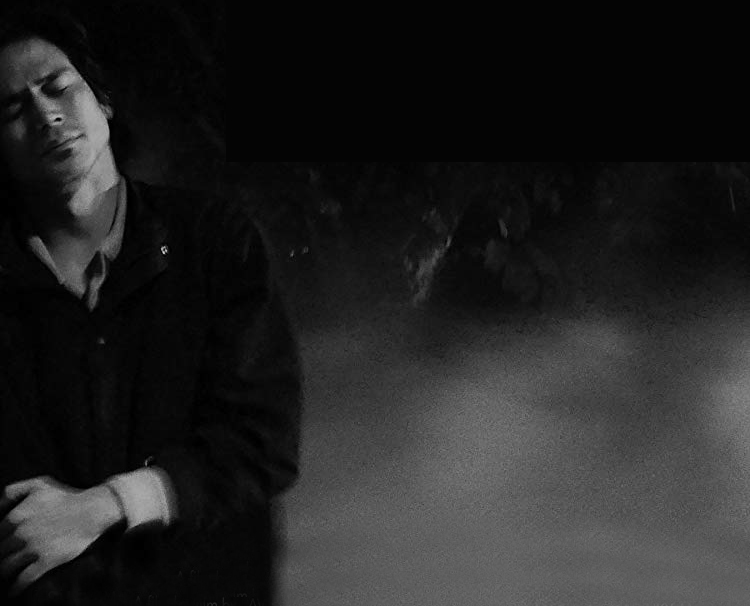
- Golden Globe Awards
The Halt (Philippines)
The power of cinematic resistance should not be underestimated. This is one of the messages conveyed by Lav Diaz’s latest, the 4.5-hour-long film The Halt. In the face of the criminal “drug wars” waged by the country’s current dictator Rodrigo Duterte against drug dealers and users alike, artistic voices like Diaz’s manage to tip the scale the other way, toward liberty and self-determination.Unfolding in the year 2034, The Halt depicts a bleak world, literally and metaphorically. A volcanic explosion has hidden the sun behind a veil of darkness while the Filipino people live under the constant threat of death at any sign of dissidence. The delusional, tyrannical despot has deployed an army of drones and faceless soldiers who roam the streets terrorizing ordinary citizens and causing chaos in a society already rife with perversion and cruelty of all kinds.Yet, as in the Orwellian drama, even the utmost dehumanizing circumstances imaginable are never devoid of heroes who refuse to mutate and lose their souls: A former soldier who seeks justice on behalf of his home village and their benevolent Catholic leader, or an unemployed female history professor who is forced to become a prostitute. The story, however, takes on its own course. In the end, despite methodical efforts by the state to convert the population into subjects of total submission, the hellish world of totalitarianism self-destructs. The morose leader finds himself in the slums of his city and is attacked by an angry mob.It is no wonder that Diaz’s films have not attracted wide attention in the capital of entertainment. Their epic running times have repelled American audiences and only very few cinephiles have dared to delve into the Diaz experience – most recently those present for the screening as part of the HFPA Foreign Film Series at the Egyptian theater. But to him, the film is not purely a form of entertainment. In a YouTube interview from 2017, Diaz reflected: “Is cinema an industry? Yes and no. Cinema can be culture. Cinema is art. In my case,” he continued, “I don’t make cinema for the market. I’m OK, I’m free … If the label is ‘slow cinema’ as a reference to the way cinema is as we know it, then it’s OK. But it’s not ‘slow cinema’. It’s a liberated kind of cinema or just emancipated cinema”.“If you want to make money,” he added, “go for it … [but] if you want to help humanity grow, then be free, man. Liberate cinema the way you want it”. The Halt reminds us that cinema’s ultimate value is transformative beyond any considerations of measure and comparison.